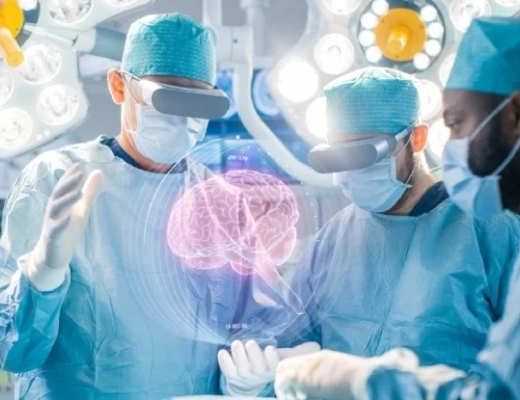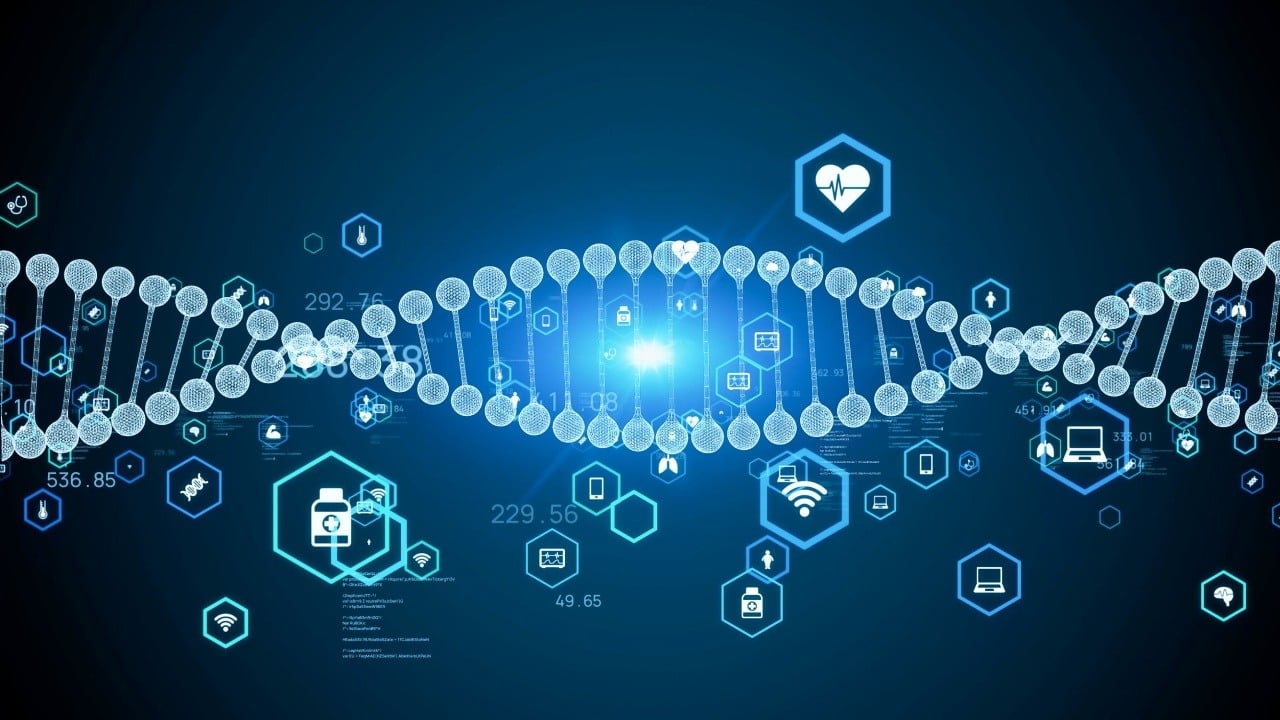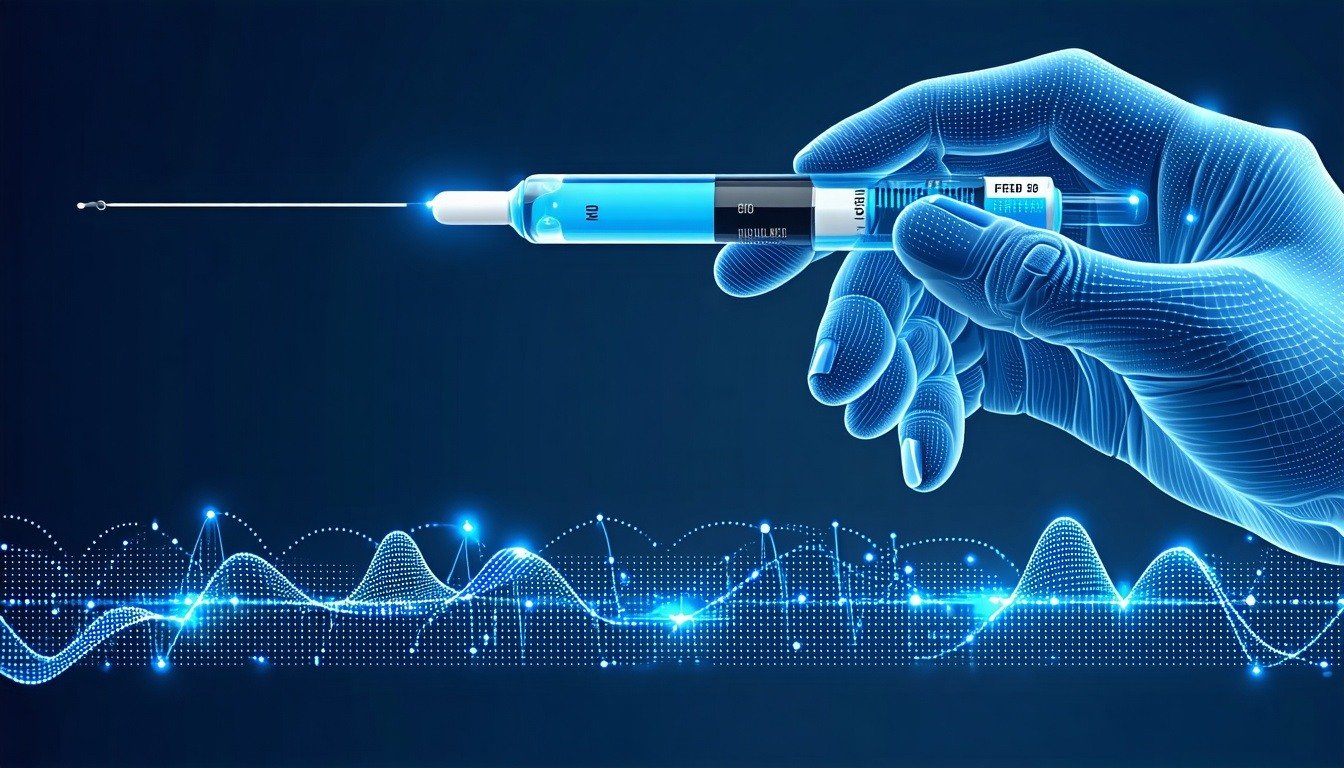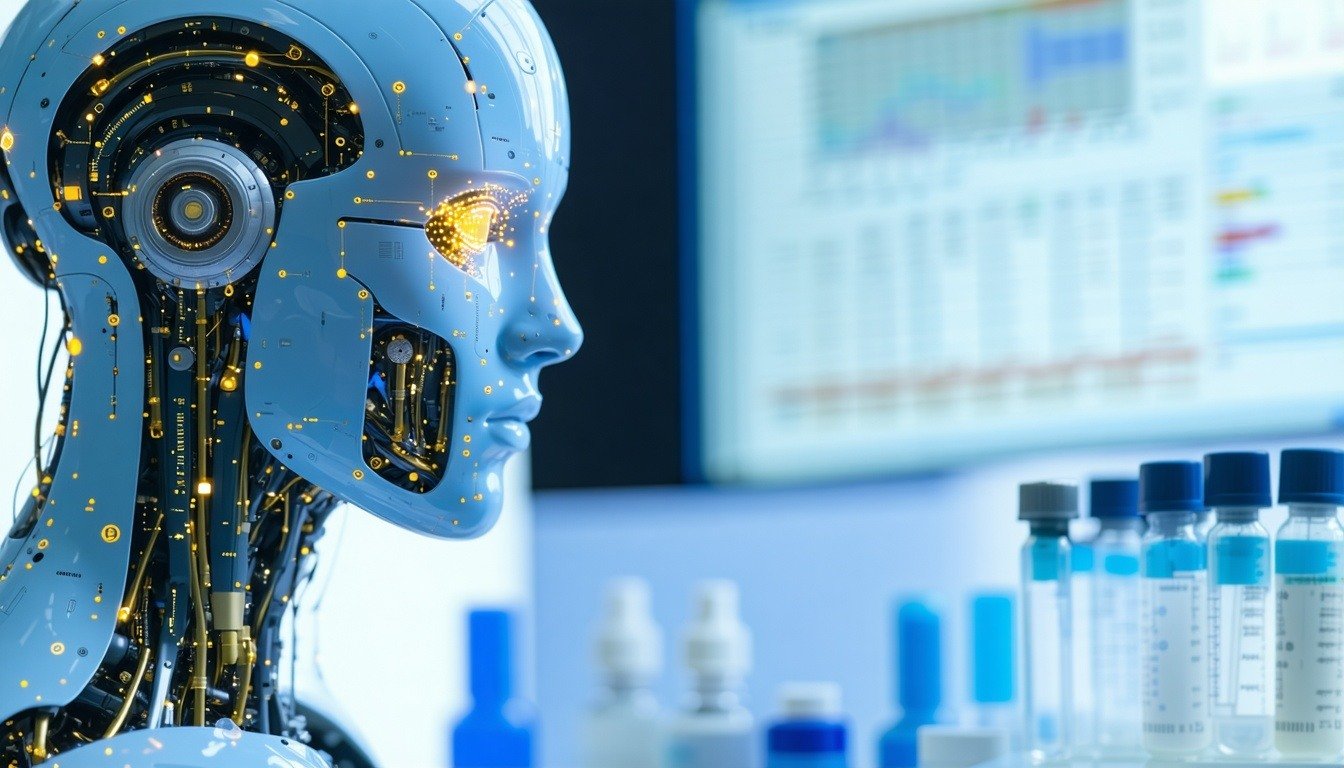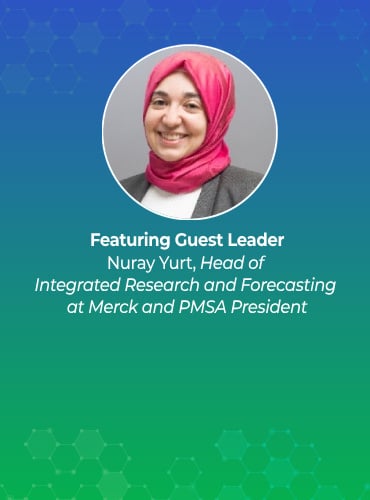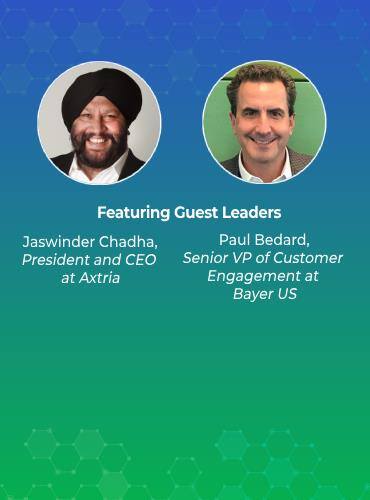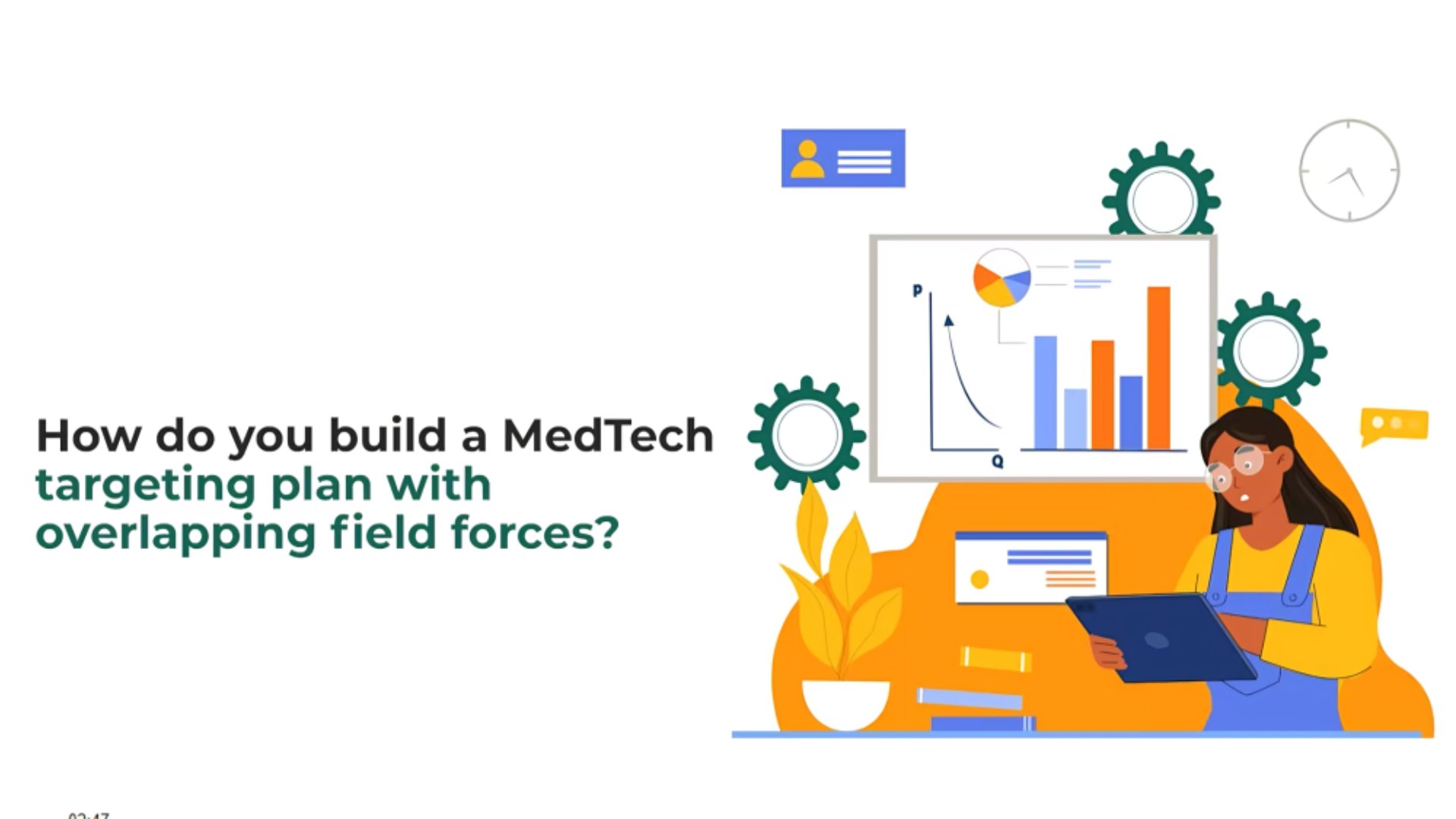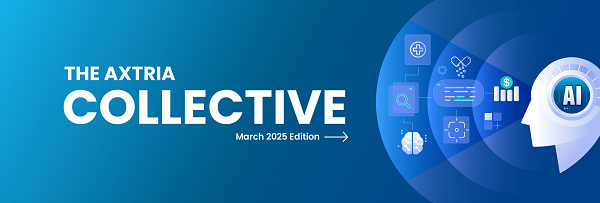In these unprecedented times, the value of data science is clear, especially in the pharma and life sciences industries. The emergence of data science has brought access to technologies like deep learning, natural language processing (NLP), machine learning (ML), and imaging backed by artificial intelligence (AI) algorithms. This ever-changing technology is rapidly transforming how the pharma and life sciences industries operate.
Large pharma organizations are under constant pressure to reduce the time and cost of developing new drugs, and the rapid development and marketing of the COVID-19 vaccine changed the norms of operation for the entire industry. While the urgent drug-development measures taken during the COVID-19 crisis do not apply to the typical drug development and commercialization process, it has undoubtedly made pharma companies and the Food and Drug Administration (FDA) rethink many factors. Companies now realize that without making significant advancements and innovations in technology, they cannot compete with modern firms built on robust digital strategies. The ability to leverage data science technology is imperative, not only for the commercialization of drugs but also at the back end for drug development and pharmacovigilance. It all starts with data – the “oil that feeds into systems” – and data science, which is the “engine that runs” to provide actionable insights at the right time and with the speed and accuracy required for decision-making. In the aftermath of COVID-19, life sciences companies want to leverage next-gen AI technologies to fuel their growth. Four of these technologies are discussed below:
TinyML
All of us are aware that the amount of data being generated, collected, and analyzed in the pharma industry is enormous and that massive amounts of data are being used. Not all cloud-based systems have access to unlimited bandwidth; hence there is a need to facilitate fast, cognitive analysis. This has given rise to TinyML, which miniaturizes ML algorithms so they can be embedded into Internet of Things (IoT) devices, making AI capabilities more energy efficient. TinyML is gaining traction in the implanted medical device space. Because of its ability to send real-time alerts with minimum energy consumption, TinyML AI algorithms allow those connected devices to be smarter, faster, and more secure.
What is TinyML?
TinyML is technique within machine learning that applies deep learning models to embedded systems running on microcontrollers, digital signal processors, or other ultra-low power specialized processors.
Exciting data science work is taking place at the intersection of these transformative technologies, ensuring they augment each other and play nicely together. The use of TinyML is rising in palliative care, monitoring patients in real-time and sending out alerts when emergency action is required. With less power consumption, TinyML models are powerful enough to run operating systems and neural network interpreters while storing the results during processing. This technology is revolutionizing multiple industries, particularly life sciences, pharma, and healthcare.
Natural Language Processing
As the pharma and life sciences industry embraces digital technologies, the volume and complexity of data are increasing. NLP is one technology that plays a crucial role in helping researchers and data scientists gather critical information at scale and aids in generating insights. Pharma’s acceptance of NLP is accelerating because of its ability to comprehend human language, process unstructured data, map out important information, and extract key concepts and meanings. It provides simplicity to healthcare practitioners (HCPs) when interpreting, analyzing, and searching bulky clinical data to transform it into more accurate, qualitative, and understandable forms. This allows for more precision and access to the information held in medical records. NLP is also being used in the post-commercialization phase for social listening, looking at the scientific literature and prescription databases to understand prescription trends and drug interactions. HCPs can now transcribe electronic health record (EHR) notes and automate manual tasks, giving them more time to focus on point of care. NLP algorithms, especially text analytics in the form of chatbots, are proving useful in analyzing queries in multiple languages and producing the best-fitting answers within seconds. By using NLP, data scientists can transform their decision-making process from finding and reading documents to a data-centric view that uncovers new insights and previously hidden relationships.
It is critical for pharma and life sciences organizations to understand the real-world impact therapies have on patients. Real-world data (RWD) contains both structured and unstructured data, preventing easy analysis. NLP-based text analytics can solve this problem by transforming and categorizing the data, then running NLP queries to pull out critical information which can be shared using visual dashboards.1
AutoML
Automated machine learning (AutoML) is significantly impacting the way data science workflows are designed. AutoML is not replacing data scientists, but it substantially boosts productivity by automating repetitive tasks in the data science process. Functional and technical users, like data scientists, engineers, and business analysts, use AutoML to run different ML models on multiple data sets simultaneously. AutoML can perform both unsupervised clustering exercises and supervised predictive models to identify the best-performing model dynamically.
What is AutoML?
AutoML is automated machine learning, an emerging technology that accelerates model-building tasks with automation in machine learning, thus improving the accuracy of ML models and algorithms.
The use of AutoML is already making waves in the development of the medical image diagnostic classifiers used by healthcare professionals who have no coding expertise. AutoML has also helped develop high-performing models that predict patient mortality from COVID-19 and discover the biomarkers most often correlated with mortality.2
Professor Ioannis Tsamardinos3, a leading bioinformatician, had this to say:
“I think AutoML for biomedical analysis will grow in scope, in terms of the type of data it can analyze, for example, images, signals, free text, and many others and their combination, the type of analyses – automated clustering or even causal analysis. It will also put more and more emphasis on explainability, interpretability of results, and fair analysis to exclude possible discrimination by the predictive models.”
AI-powered Marketing Intelligence
The life sciences and pharma industries are data-rich and have significant insight into customer demographics like specialty, educational background, affiliations, and prescribing behavior. Thanks to cloud-based data management, the industry can now take a disciplined approach to gathering high-quality data for insight generation. While traditional analytics can handle descriptive insights, the competitive nature of the industry makes it imperative for life sciences and pharma companies to invest in AI-powered systems for sales and marketing. ML techniques can train algorithms with diverse data inputs, eliminating the need to reprogram for every scenario. AI plays a critical role in personalizing tactics and aligning relevant channels and content to healthcare professionals. This personalization leads HCPs to have a higher affinity towards the pharma company, making them more likely to prescribe their drugs. Traditionally, customer journeys were static in nature, and sales reps depended on call plans to engage with customers. With life sciences companies adopting AI-driven omnichannel and Next Best Action programs, reps now have dynamic customer interactions based on real-time insights. The success of these recommendations depends on how well-tested the algorithms are. Thus, giving sales reps space to evaluate the usefulness of the insights rather than mandating the suggestions. Feedback from sales reps is a robust tool for making decisions on pharmaceutical marketing investments. AI-powered marketing intelligence programs are critical to improving reps’ ability to engage with customers and increase top-line sales.
Learn More - "Humanizing The Artificial Intelligence Foundation For Success"
Summary
AI has begun to transform the pharma value chain from molecule to market. By applying data science and ML to massive data sets, faster drug discovery is leading to promising therapies. Pharma manufacturers now rely on AI for intelligent manufacturing and seamless supply chain operations. AI is revolutionizing the commercialization of drugs with dynamic personalization and customer engagement leading to extensive reach and increased sales. The competitive nature of the life sciences industry compels companies to rethink their digital strategies so they remain agile and nimble in adopting next-gen tools and technologies.
Learn More - "The Growing Influence Of AI In MedTech"
REFERENCES
- Dr. Jan Reed, Natural Language Processing - How life sciences companies are leveraging NLP from molecule to market – Drug Development & Delivery. Montville, NJ, USA – April 2020. Available from https://drug-dev.com/natural-language-processing-how-life-sciences-companies-are-leveraging-nlp-from-molecule-to-market/
- Livia Faes, Siegfried K Wagner, Dun Jack Fu, Xiaoxuan Liu, Edward Korot, Joseph R Ledsam, et. al., Automated deep learning design for medical image classification by health-care professionals with no coding experience: a feasibility study – Pubmed. (1)Elsevier Ltd. September 2019. Available from https://pubmed.ncbi.nlm.nih.gov/33323271/
- Benedict Timmerman, The future of medical treatment lies where autoML and life scientists meet – JADBio, Los Angeles, CA, USA, April 2021. Available from https://jadbio.com/the-future-of-medical-treatment-lies-where-automl-and-life-scientists-meet/
.jpg?width=190&height=190&name=A1390_Megha%20Kapadia%20(2).jpg)

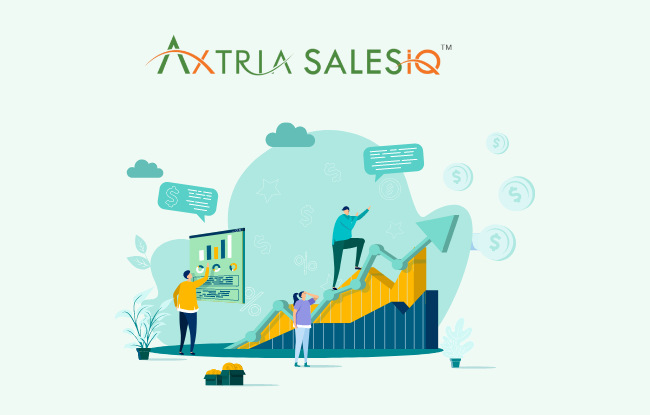
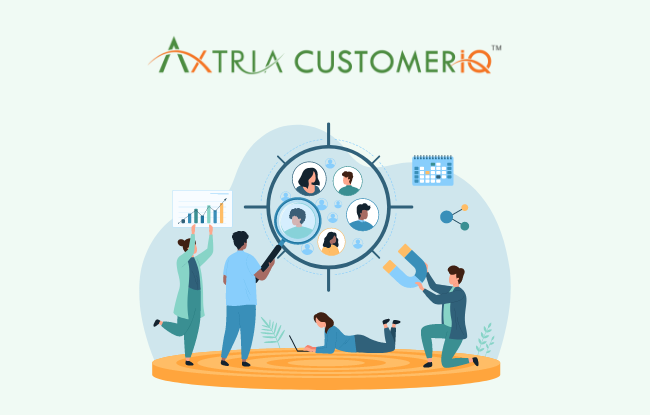
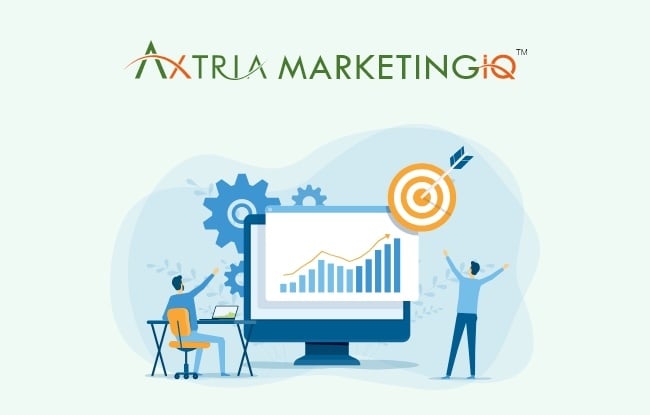



.jpg?width=690&height=468&name=AI-ML-in-life-sciences%20(1).jpg)













